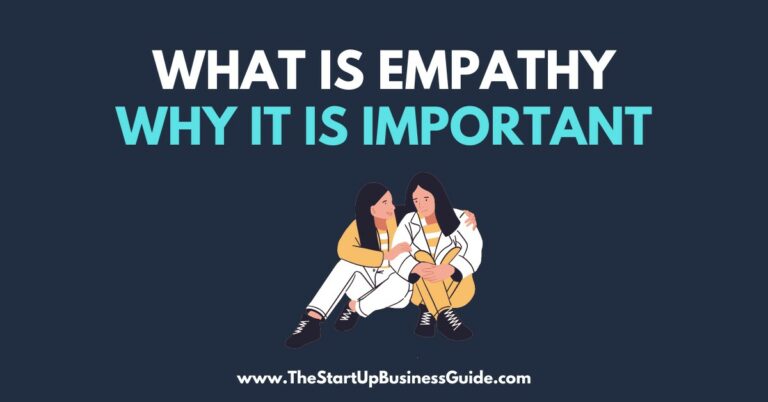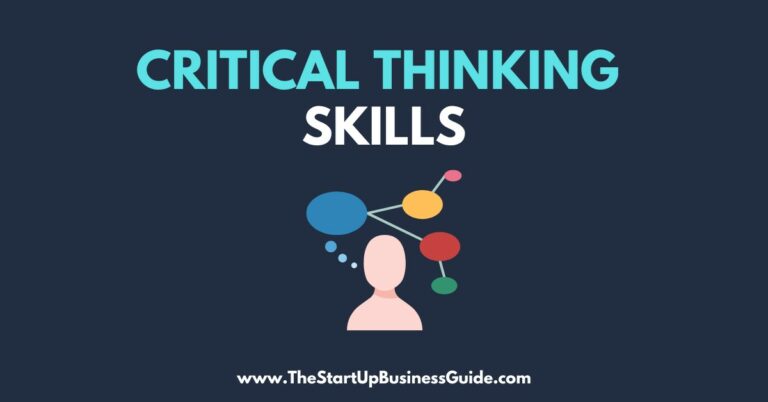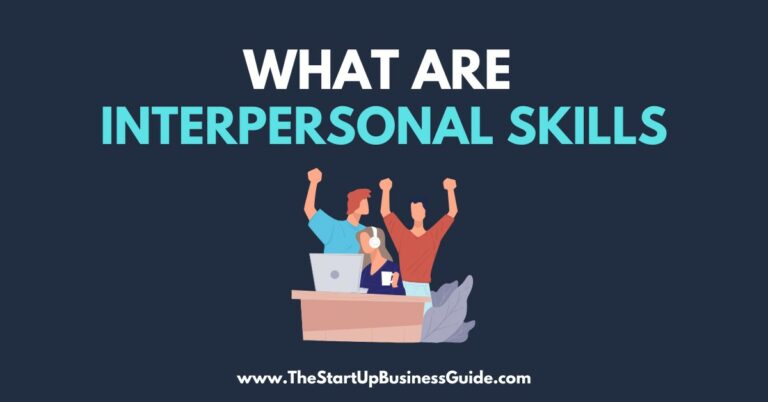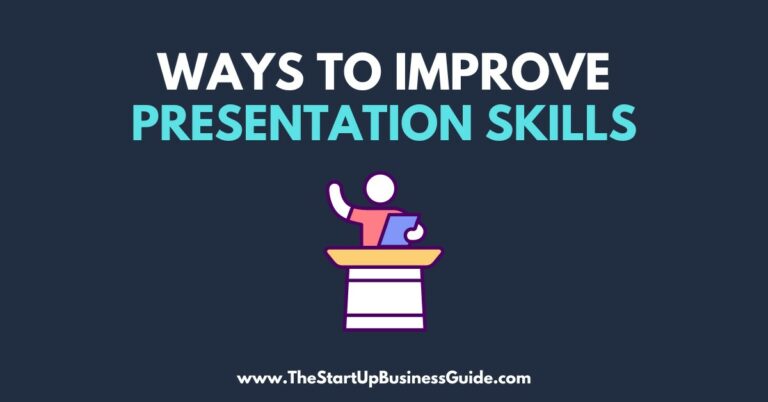8 Effective Leadership Skills for Workplace Success
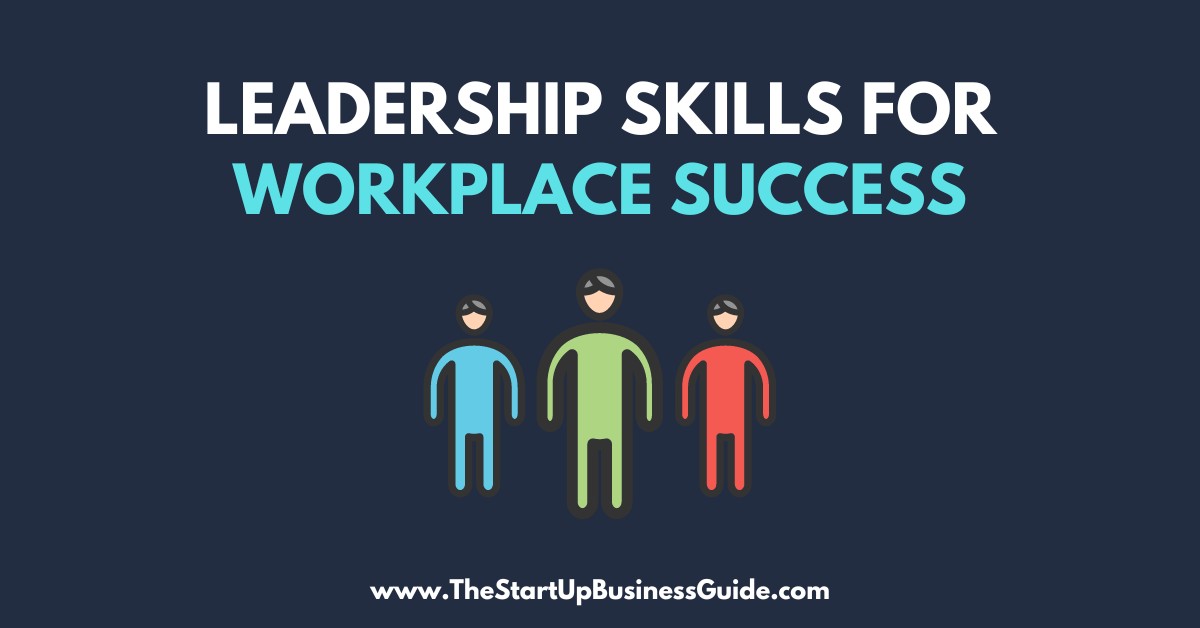
Effective leadership is the ability to inspire and guide others towards a common goal.
It is a vital skill for success in any workplace, and is essential for achieving both personal and organizational success.
In this blog post, we will be discussing 8 effective leadership skills for workplace success.
These skills are essential for any leader who wants to be successful in today’s fast-paced and constantly changing business environment.
1. Communication Skills
The first skill we will discuss is communication. Effective communication is the key to a successful leader.
Active listening is an important part of communication.
It means truly paying attention to what the other person is saying, and understanding their perspective.
Clear and concise communication is also important.
A leader should be able to clearly express their thoughts and ideas, and get their point across in a way that is easy for others to understand.
Adapting communication style to different individuals and situations is also important.
A leader should be able to communicate effectively with people from all different backgrounds and with different communication styles.
2. Problem-Solving Skills
Problem-solving skills are extremely essential for a leader.
Identifying and analyzing problems is the first step in solving them.
A leader should be able to identify the root cause of a problem and come up with a plan to solve it.
Developing and implementing solutions is the next step. A leader should be able to create a plan that addresses the problem and puts it into action.
Continuously evaluating and improving processes is also important.
A leader should always be looking for ways to improve their organization’s processes and make them more efficient.
3. Decision-Making Skills
Decision-making skills are also essential for a leader. Gathering and analyzing information is the first step in making a decision.
A leader should be able to gather all the information they need to make an informed decision.
Considering multiple options and their potential consequences is also important.
A leader should be able to weigh the pros and cons of different options and choose the one that is best for their organization.
Making informed and timely decisions is also important. A leader should be able to make decisions quickly and confidently.
4. Emotional Intelligence
Emotional intelligence is another important leadership skill.
Self-awareness is the ability to understand and manage one’s own emotions.
Self-regulation is the ability to control one’s emotions and reactions. Empathy and social skills are also important.
A leader should be able to understand and relate to the emotions of others, and be able to build strong relationships with their team members.
5. Time Management Skills
Time management skills are also essential for a leader.
Prioritizing tasks and goals is the first step in effective time management. A leader should be able to prioritize their tasks and goals in order of importance.
Managing and delegating responsibilities is also important. A leader should be able to delegate tasks to their team members effectively.
Meeting deadlines and staying organized is also important. A leader should be able to meet deadlines and stay organized in order to achieve their goals.
6. Motivational Skills
Motivational skills are also important for a leader. Setting clear and challenging goals is the first step in motivation.
A leader should be able to set goals that are challenging but achievable. Providing recognition and rewards is also important.
A leader should be able to recognize and reward their team members for a job well done.
Leading by example is also important. A leader should be able to lead by example and set an example for their team members to follow.
7. Flexibility and Adaptability
Flexibility and adaptability are also important for a leader. Being open to new ideas and perspectives is the first step in flexibility.
A leader should be able to consider different perspectives and be open to new ideas. Being able to adjust to changing circumstances is also important.
A leader should be able to adapt to changing circumstances and make the necessary adjustments.
Being able to adapt leadership style to different situations is also important.
A leader should be able to adjust their leadership style to fit the situation, and be able to lead effectively in a variety of different environments.
8. Strategic Thinking
Strategic thinking is another important leadership skill. Setting a clear vision for the organization is the first step in strategic thinking.
A leader should be able to set a clear and achievable vision for their organization. Developing and implementing long-term plans is also important.
A leader should be able to create and execute plans that will help the organization achieve its goals.
Continuously assessing and adjusting strategies is also important. A leader should be able to assess their organization’s performance and make any necessary adjustments to their strategies.
Conclusion
In conclusion, effective leadership is essential for success in any workplace.
The skills discussed in this blog post, including communication, problem-solving, decision-making, emotional intelligence, time management, motivational skills, flexibility and adaptability, strategic thinking, are all important for a leader to possess in order to be successful.
We hope that this post has provided valuable insights and inspiration for anyone looking to improve their leadership skills.
Effective leadership is a continuous journey of self-improvement, and we encourage all our readers to continue developing their leadership skills.

